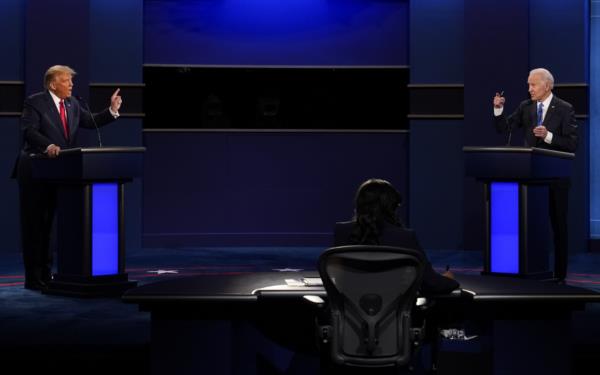
In recent months, the situation at the southern border of the United States has escalated, sparking renewed debates and negotiations on immigration policies. Preliminary data from the U.S. Border Patrol shows that between December 1st and December 28th, over 225,000 migrants were taken into custody after unlawfully crossing the border from Mexico. The numbers reveal a system that is overwhelmed and seemingly validate criticisms of the Biden administration's handling of the issue.
The surge of migrants at the border has resulted in a devastating human toll, with nearly 700 reported deaths in 2022 along what the UN has named the world's deadliest land migration route. This concerning situation has also come with a significant financial cost, prompting Democratic mayors to plead for federal funding as they anticipate the costs to increase into the billions.
The broken immigration system has been a longstanding issue that policymakers have attempted to address without success for over three decades. Previous efforts in 2005, 2013, and 2018 to reach a comprehensive agreement on immigration reform have failed due to disagreements between Republicans and Democrats.
However, the current negotiations among a bipartisan group of senators present a unique opportunity for progress. Democrats have modified their stance on certain key issues, dropping priorities like a pathway to citizenship or protections for undocumented immigrants brought to the U.S. as children. They now acknowledge the crisis at the border and are willing to reconsider screening standards for asylum.
Republican lawmakers, who have consistently criticized the Biden administration's approach to the border crisis, have the chance to secure significant policy wins through the ongoing negotiations. Senator Lankford and his colleagues are working towards finalizing what could be the most substantial border security policy in three decades, according to Senate Republican leadership.
Nevertheless, the intra-party dynamics within the GOP are complicated by former President Donald Trump's continued involvement in the debate. Despite not currently holding office, Trump has publicly undercut Republican Senator Lankford's efforts towards a deal and privately exerted influence over lawmakers. This has led to divisions within the Republican Party on whether to support a potential agreement that may largely align with their priorities.
While some Republicans emphasize the urgency of addressing the border crisis and argue for seizing the opportunity to implement policies that enhance border security, others are hesitant to support any deal that potentially benefits Democrats politically.
As negotiations near completion, the true test will be whether lawmakers prioritize policy over politics and focus on securing the border or risk losing the chance to implement necessary reforms. Given the complex history and challenges surrounding immigration reform, many observers remain skeptical about the likelihood of reaching a successful agreement this time.







